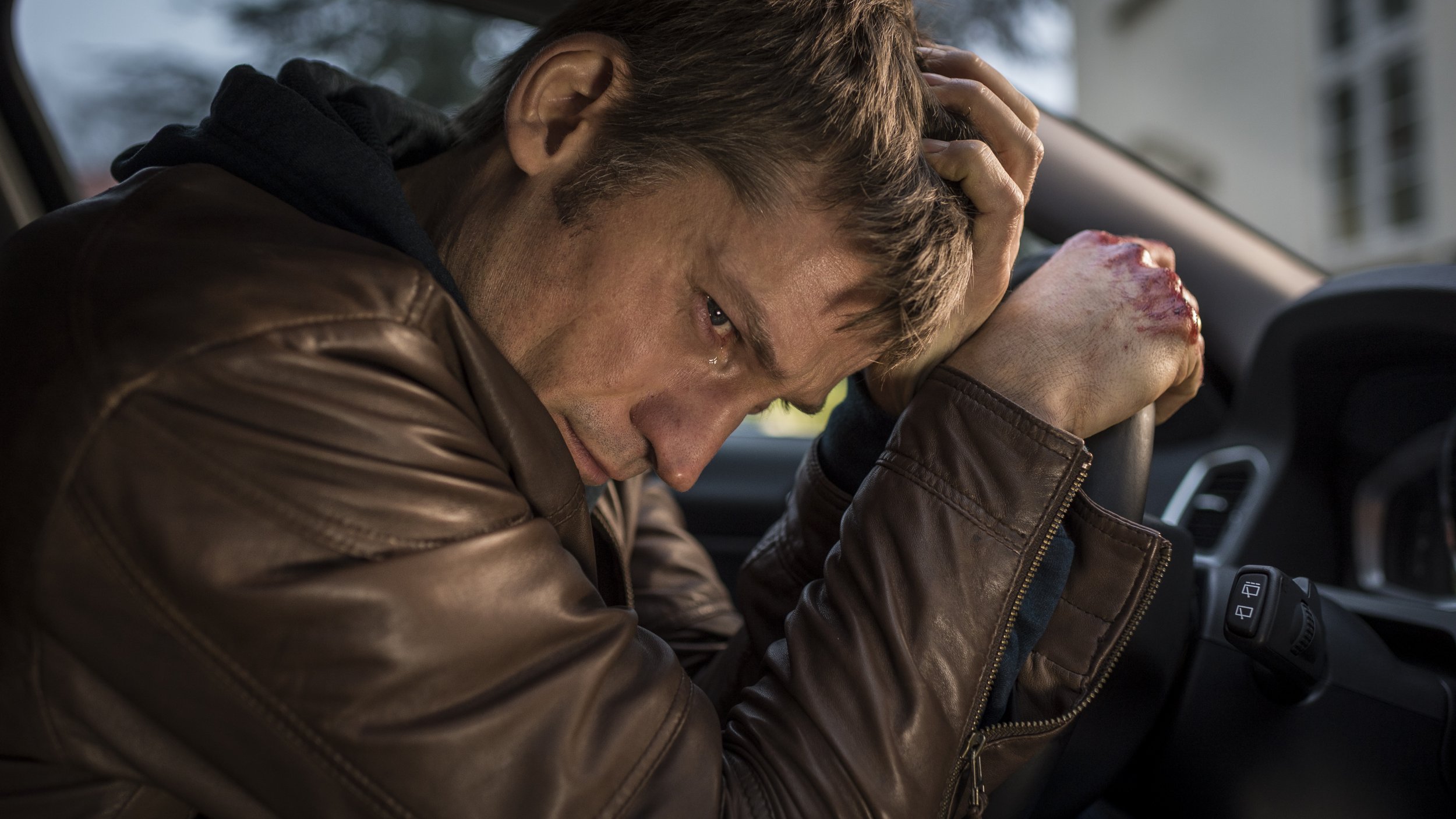
Early one morning, a policeman breaks into a shabby flat and snatches a baby while its unsuspecting junkie parents sleep in the room next door. From this pivotal scene onwards, Oscar-winning director Susanne Bier leads the audience of her new film A Second Chance into a moral labyrinth where we are confronted at every turn with our society's innermost anxieties about our children.
Detective Andreas (Game of Thrones' Nikolaj Coster-Waldau) isn't the kind of person you would expect to commit this appalling crime. He's the very image of a professional: no-nonsense, compassionate and clean-shaven, and he and his wife Anna live in a glass-fronted designer waterfront home with their baby son Alexander. Their opposites are small-time criminal Tristan and his companion Sanne. This junkie couple live in appalling squalor, injecting heroin and neglecting their own baby to that extent that when Andreas is called to their apartment after a report of domestic violence, he finds the infant covered in its own excrement. Yet when he tries to convince the social services to take the child into care, he finds that he is powerless. Since the child is not found to be malnourished – the bureaucratic test for removing a child - his request is turned down and the baby remains at the mercy of its parents.
Andreas is outraged by this seemingly heartless decision, as any righteous person would be. Yet this would not be a film by Susanne Bier if everything were as clear and self-evident as it appears. When tragedy strikes, a series of dizzying twists demolishes the border between who is "good" and who "evil".
Bier has made a career of exposing our prejudices and false assumptions about other people, developing a rare sophistication of manner that brings out the counter-intuitive complexities of her characters. In A Better World, for which she won the Academy Award, portrayed a "pacifist" aid worker who discovers that violence is sometimes unavoidable, while After the Wedding followed a "heartless" businessman who comes to the rescue of an orphanage. In this film, Bier turns her attention to our society's schizophrenic attitude to its children. While in reality our children are safer than in any other era, they are deemed to be more at risk than ever before. This neurosis has more heads than the Hydra: obesity, bullying, paedophiles, stress, neglect, addiction to the internet, the list is endless. Grim yet extremely rare cases such as that of the missing girl Madeleine McCann or the murder victim Sarah Payne are inflated out of all proportion by a morbid press that encourages the public to reach a state of hysterical anxiety and moral outrage about its increasingly idealised children. Bier and her screenwriter Anders Thomas Jensen insert a crowbar into this mental fissure, breaking it open with two motifs that trigger the worst of our fears: child snatching and cot death.

When detective Andreas's son dies of that mysterious and controversial illness, his emotions take over. The lawman loses his sense of justice and he switches the dead infant for that of the two junkies who, in his mind, are "undeserving" parents. As the polite horror deepens, Andreas's wife, (Maria Bonnevie) who knows about the switch, cooks an elaborate dinner for her husband. With a wine glass in hand and a sweet smile on her face, she announces to Andreas that she has made up her mind to "make it work" – meaning that she will bring up the junkies' child instead of her own baby, which died only hours ago. This is so well acted and the mise-en-scène is so smooth that you wonder whether Anna, by some magic, might have suddenly overcome her grief to take on this baby as her own. Yet at the same time you sense her fragility and feel, with dread of what is yet to come, that no mother could ever live with such a lie.
In sophisticated moments like this, one forgives some slightly more heavy-handed elements, such as the occasional shot of somber forests that, I suppose, are meant as a metaphor for Andreas's and Anna's feelings. The film's sense of grievance, guilt, catharsis and clemency would easily come across without them.
Bier gets tremendous traction out of the script that completely inverts anything one might have suspected at the outset. In doing so, A Second Chance, forces us to re-consider who is a "deserving" parent, or, rather, who isn't. Yet Bier volunteers no answer as to why we fret so much about children and parenting in the first place. The explanation, however, might be quite simple: that we have so few of them, a mere 1,4 per woman in Germany, for example. And in the chilling mathematics of supply and need, it is perhaps no surprise that children have grown ever more precious as they have grown more scarce.
Uncommon Knowledge
Newsweek is committed to challenging conventional wisdom and finding connections in the search for common ground.
Newsweek is committed to challenging conventional wisdom and finding connections in the search for common ground.
About the writer
To read how Newsweek uses AI as a newsroom tool, Click here.





